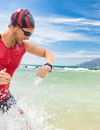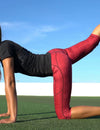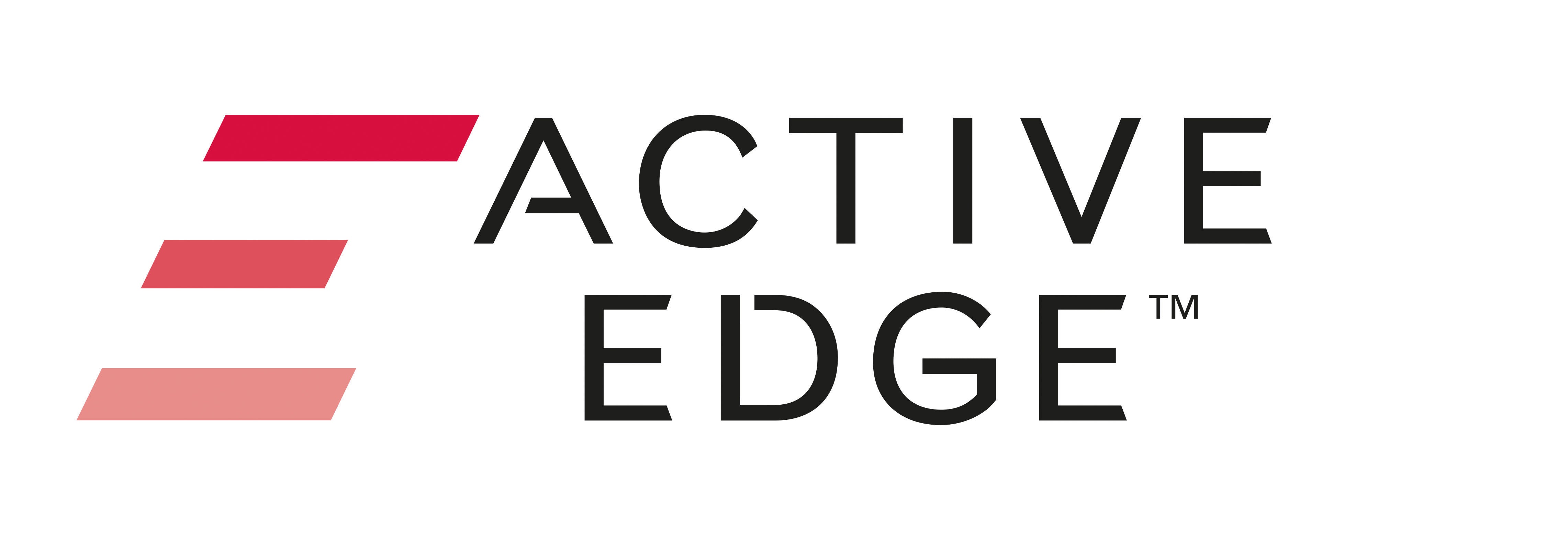 By now in this day and age if you have not heard about triathlon and what it entails then you have most likely been living in a hole-!
By now in this day and age if you have not heard about triathlon and what it entails then you have most likely been living in a hole-!
Triathlon, a fairly new Olympic sport, originated back in the 70s by a group of American runners wanting to ‘spice’ up their cross-training believe it or not which has grown in masses annually, reaching its peak participation rate last year.
For those emerging from the hole, triathlon consists of three disciplines one after the other; swimming, biking and then running. Distances for these races vary widely from super-sprint (400m/15km/2.5km) up to the epitome of triathlon and endurance eventing, the Ironman (3.8km/ 180km / 42km).
Where to start?
Most beginners will start with the super-sprint triathlon, as the level of training required will not be overly taxing both physically and also for everyday life. Most super-sprint triathlon events also are performed in a swimming pool which has the added benefit of not requiring a wetsuit and also is a big confidence booster for those who are not familiar with open water swimming.
Equipment
Triathlon is and will be a costly sport once you have sunk your teeth into it properly and get the buzz from them (which I guarantee you will)! However, it does not have to be pricey to begin with, especially for your first event and a ‘feel’ for what it is all about.
Generally if you can start with a super-sprint, you would simply require the following for the race:
- Swimsuit- (costume / trisuit / jammer shorts) comfortable enough to bike and run in also
- Goggles (optional)
- Helmet *this is mandatory; no helmet no race* - must be crack-free and approved by marshals’
- Bike- again doesn’t have to be flashy, you can ride a mountain bike/ hybrid / road bike or time-trial bike… most households will own at least one bicycle even if you borrow one!
- Trainers- again most will own trainers, you will need ones suitable for running in for comfort and reducing the risk of injury. Suggest that you also use the same trainers for on the bike as it makes your transition from the bike to run faster too.
- Drinks bottle- preferably if you have a bottle cage it is advisable to have it on the bike as this is the longest section of the race- if not you can swig some in transition area before and after
- Race License – This is optional, British Triathlon require an annual license to race with at any of their sanctioned events, however, if you plan to do one or two it is cost effective to simply buy a day license costing £5 per time.
Training for your Triathlon
To get yourself up and running (excuse the pun), you can start by working back in weeks to when your race day is and begin a plan from there to gradually build your distances in all three. Usually you find you favour one or two of the disciplines so my suggestion is to really work hard on the weaker one, it becomes far too easy to neglect your weaknesses and build upon your strengths.
Swimming from my own coaching experience is what I find people, especially beginners, struggle with the most. It is the hardest discipline and requires a lot of perseverance, practice and consistency (key word here). Swimming will not come naturally to us. Unless you have a history of swimming that is. Even though it is the shortest of the three disciplines within the race, it is the biggest fear factor and hurdle for a lot of newbies to get over. This is especially true when you move onto the open water swimming races, where it is far more of an open environment.
If I were to suggest anything to invest into for training it would be a swimming coach or a few swimming lessons. Swim 1-2-1s are a great way to boost your confidence in the water and to really get the right feedback for what you need to get your stroke improved and fitness up to the level it needs to be even to simply ‘get through’ the swimming leg. From there, should you decide that triathlon is for you and you wish to progress, then investing in a triathlon coach or joining a triathlon club is advisable too.
A good place to direct you to for free online training plans for your first triathlon event would be here Active Training. Here we have worked together in partnership to provide a guideline training template for those wishing to follow a basic guide to give structure and meaning to their training.
Now, How Do I Enter?
There are lots of helpful sites that provide race calendars for events local to you. Here are some links to have a browse at: -
Lastly, GOOD LUCK and enjoy the training and the new experiences that Triathlon provides you with!
For further information on coaching plans please go to www.transition-tri.co.uk/coaching/


